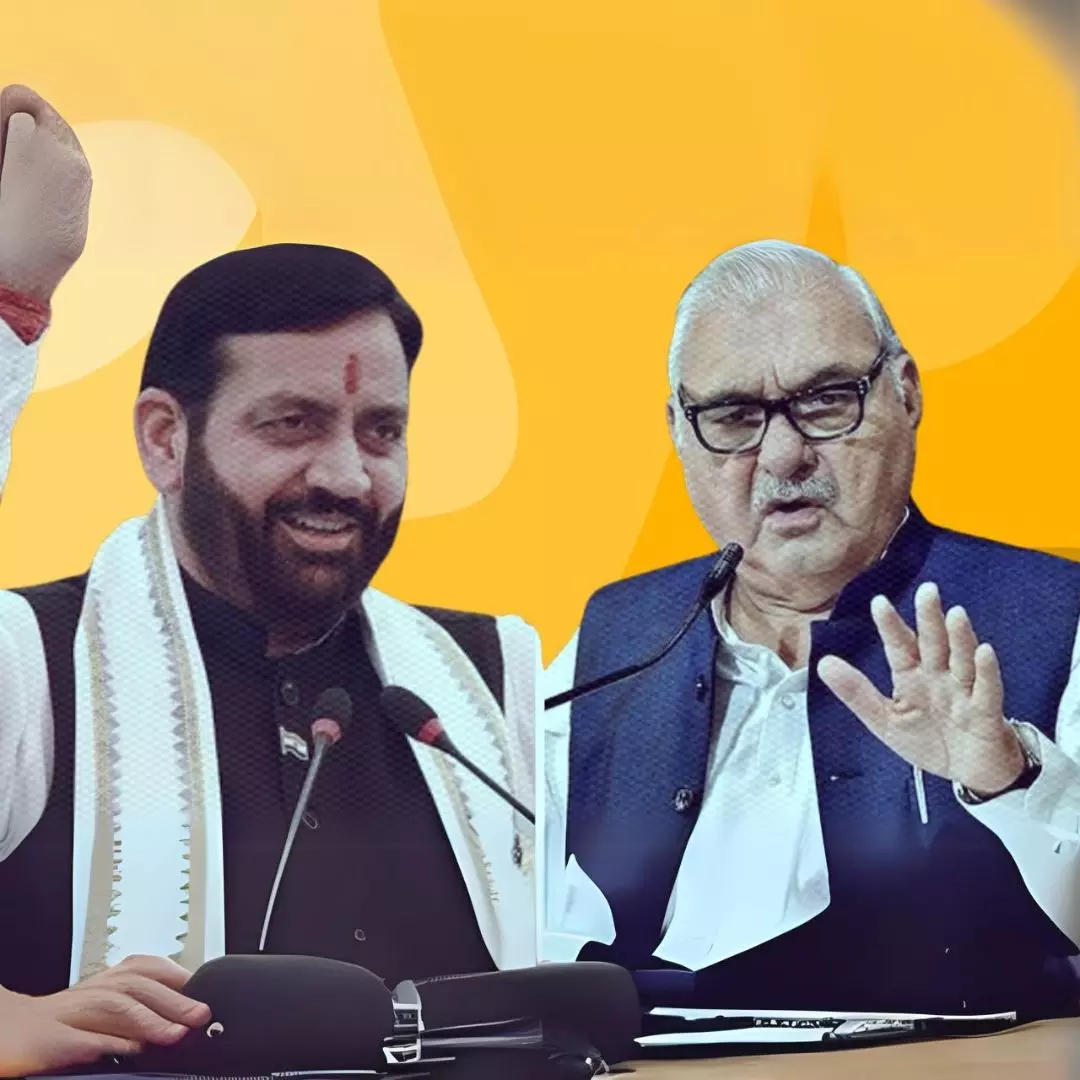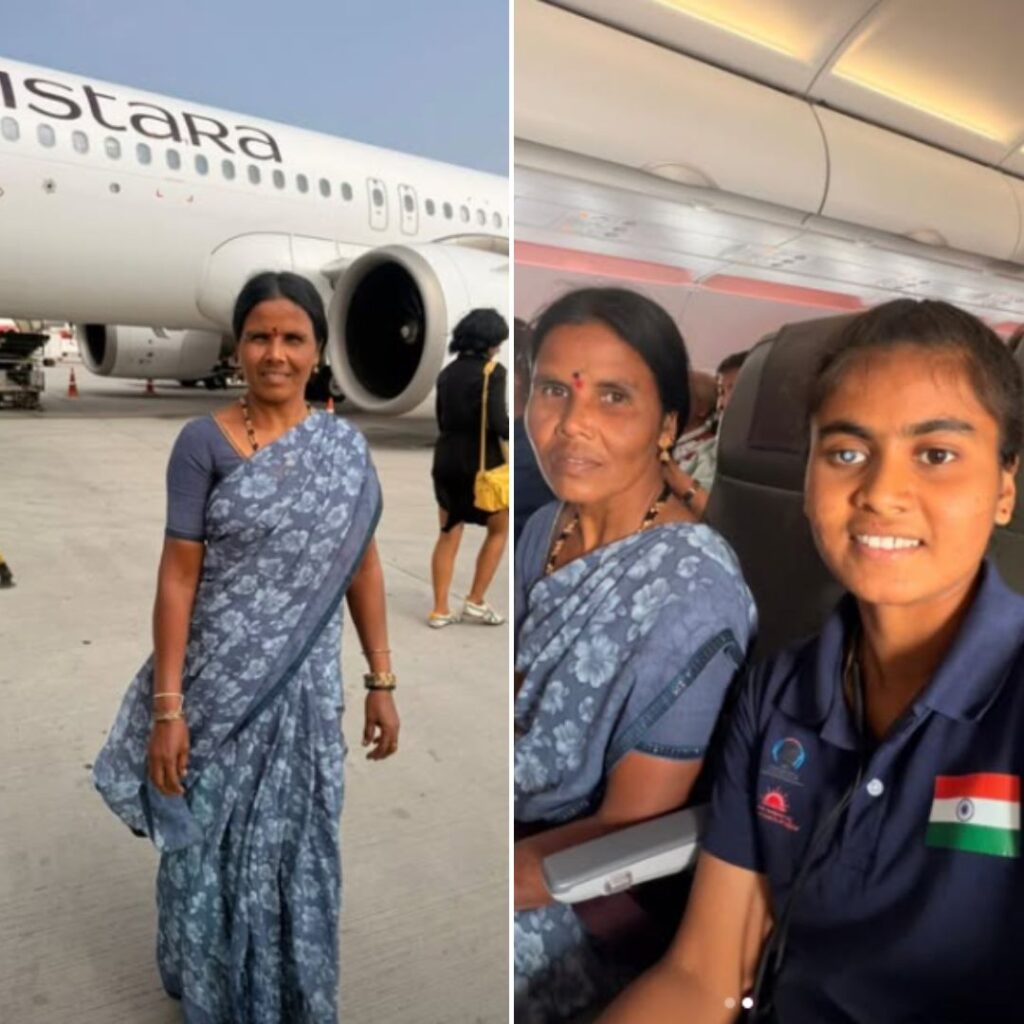In a surprising turn of events, the Bharatiya Janata Party (BJP) secured a historic third consecutive term in Haryana’s assembly elections held on October 5, winning 48 out of 90 seats. The Congress party, initially projected to win, ended up with only 37 seats, prompting internal criticism and claims of election manipulation. Prime Minister Narendra Modi labelled Congress as a “parasitic party,” while allies from the opposition INDIA bloc attributed the loss to overconfidence and entitlement. The Congress is now analysing the unexpected results and intends to raise complaints with the Election Commission regarding the counting process.
BJP’s Historic Win Amidst Unexpected Results
The BJP’s victory marks its best performance in Haryana, surpassing its previous tally of 47 seats in 2014. Congress’s disappointing outcome has led to introspection within the party, with Rahul Gandhi describing the results as “unexpected” and vowing to investigate complaints about the counting process. Allies of Congress have openly criticised its leadership for failing to adapt, citing arrogance and internal divisions as key factors contributing to the defeat. The Indian National Lok Dal (INLD) secured two seats, while independent candidates claimed three.
Context of the Election and Its Implications
This election was seen as a critical test for both major parties in a politically charged environment marked by farmer protests and dissatisfaction with governance. Despite predictions favouring Congress due to public discontent with BJP’s policies, the party’s failure to form alliances and its reliance on internal dynamics led to its downfall. Analysts suggest that the BJP’s effective local management and strategic campaigning played a significant role in securing their victory, while Congress’s internal conflicts hindered its performance.
The Logical Indian’s Perspective
The recent electoral outcome underscores the importance of humility and collaboration in political strategy. As we reflect on these developments, it becomes evident that fostering unity among diverse political voices is crucial for meaningful change. In an era where divisive politics often prevails, how can we encourage our political leaders to prioritise dialogue and cooperation over rivalry? We invite our readers to share their thoughts on how political parties can better serve their constituents and promote harmony within society.











